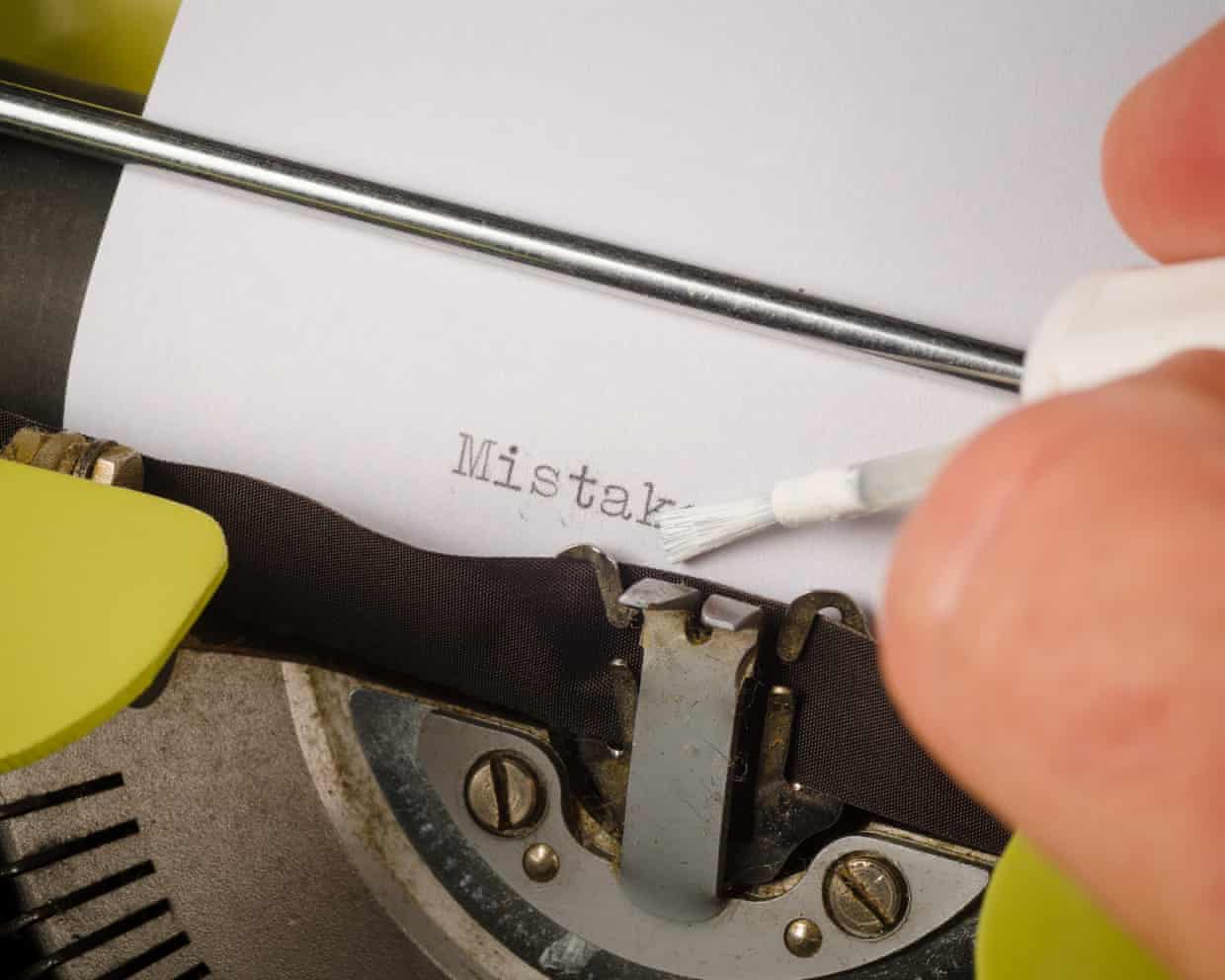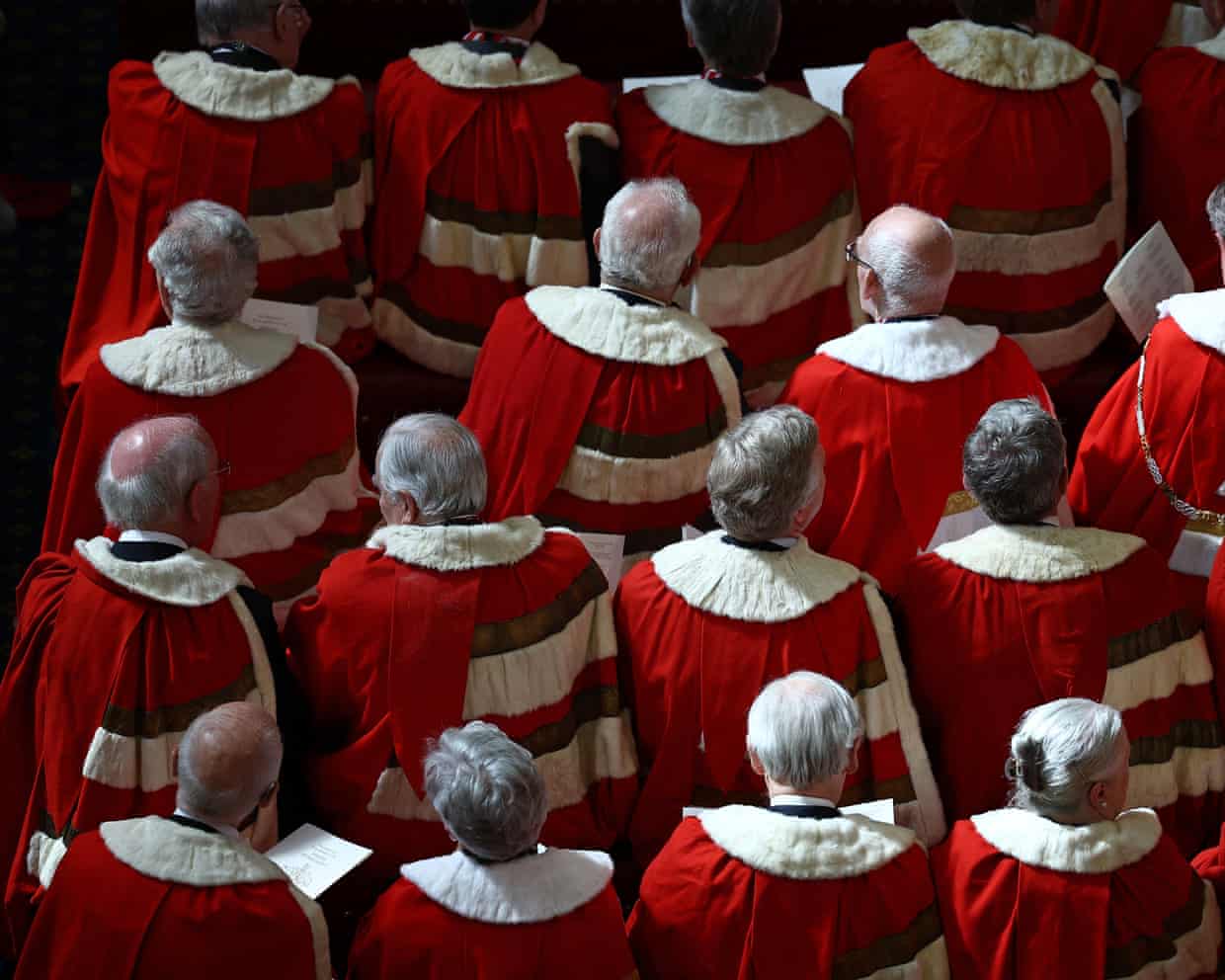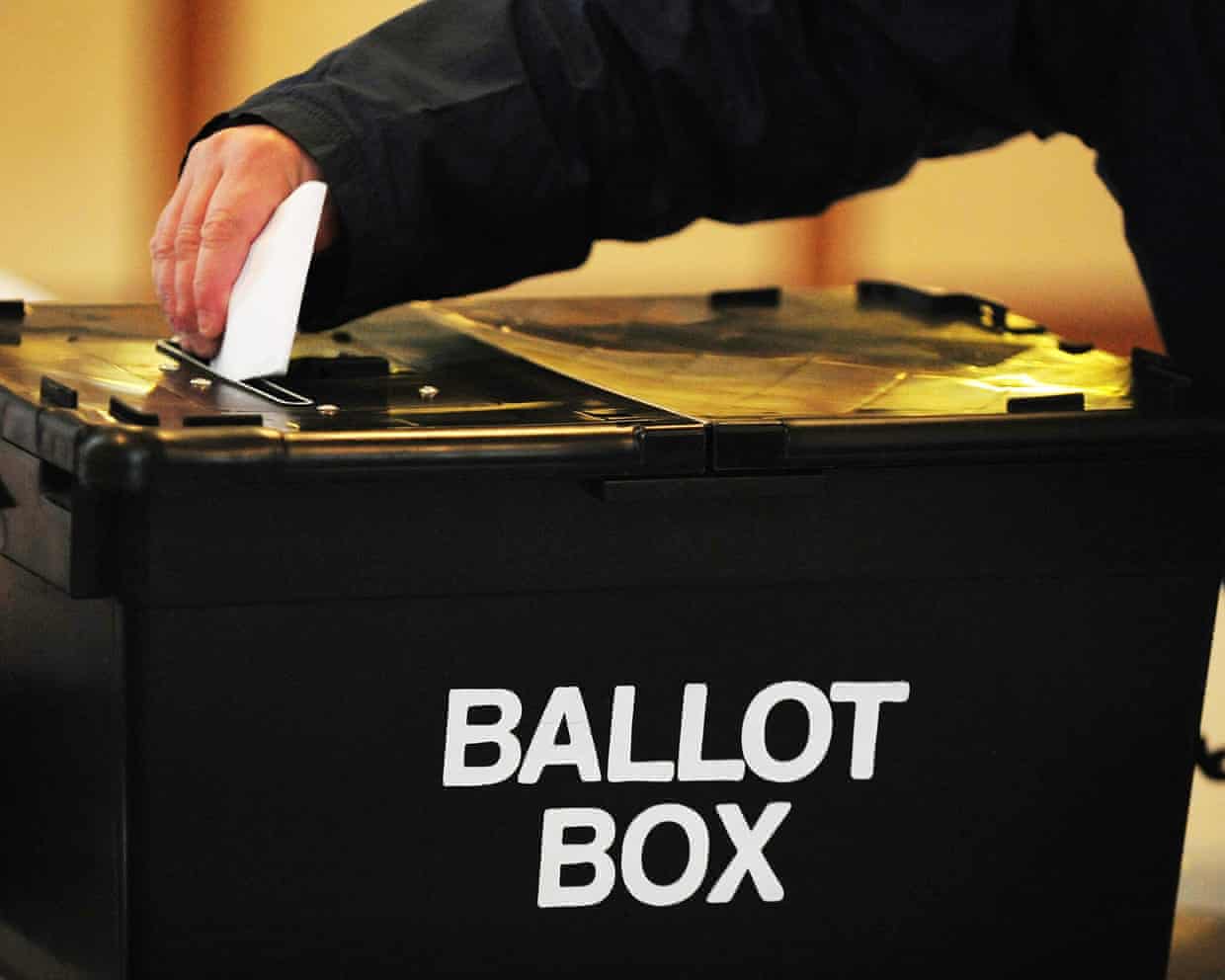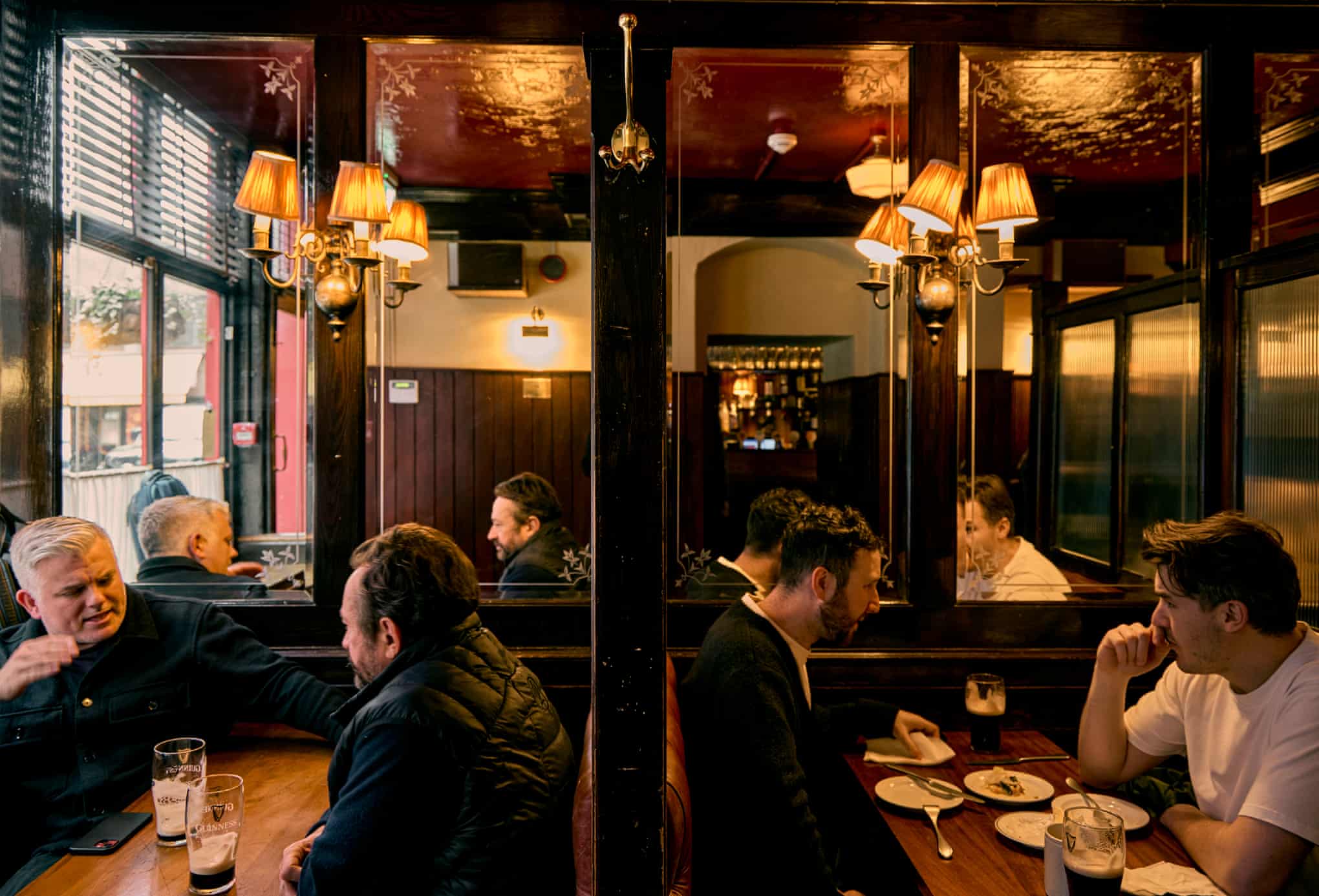AI could replace 3m low-skilled jobs in the UK by 2035, research finds

Up to 3m low-skilled jobs could disappear in the UK by 2035 because of automation and AI, according to a report by a leading educational research charity.The jobs most at risk are those in occupations such as trades, machine operations and administrative roles, the National Foundation for Educational Research (NFER) said.Highly skilled professionals, on the other hand, were forecast to be more in demand as AI and technological advances increase workloads “at least in the short to medium term”.Overall, the report expects the UK economy to add 2.3m jobs by 2035, but unevenly distributed.
The findings stand in contrast to other recent research suggesting AI will affect highly skilled, technical occupations such as software engineering and management consultancy more than trades and manual work,Research from King’s College published in October estimated that “higher-paying firms” suffered job losses of roughly 9,4% between 2021 and 2025, with much of this period falling after the release of ChatGPT in late 2022,The UK government lists management consultants, psychologists and legal professionals among the occupations “most exposed to AI”, whereas “sports players”, “roofers” and “bricklayers” are less likely to be replaced,Last week, the law firm Clifford Chance revealed it was laying off 10% of business services staff at its London base – about 50 roles – attributing the change partly to AI.
The head of PwC also publicly walked back plans to hire 100,000 people between 2021 and 2026, saying “the world is different” and artificial intelligence had changed its hiring needs,Jude Hillary, one of the report’s authors, said that NFER’s work – which is based on longer-term economic modelling of the UK labour market – suggests predictions about AI-driven job losses may be premature,He suggested layoffs attributed to the uptake of AI may be driven by a sluggish UK economy, factors such as rising national insurance costs and employers being risk-averse,“There’s this general uncertainty about where things are going, how long it takes to improve,There’s lots of talk about AI and automation without any real substance about it.
Lots of employers are worried about it,” Hillary said.Sign up to Business TodayGet set for the working day – we'll point you to all the business news and analysis you need every morningafter newsletter promotion“And probably what’s happening is a lot of employers are just sitting tight, I would say.”Hillary said he expected the overall effects of AI on the UK workforce to be complex: increasing the demand for some professional roles; decreasing the demand for many entry-level roles; and eroding the demand for many lower-skilled professions.This latter, he said, was most concerning, as it would be difficult for people who lost lower-skilled jobs to reskill appropriately in a changing economy.“The additional jobs that we’re getting in the labour market tend to be professional and associate professionals … Displaced workers, the one to three million that we talk about in our report, face significant barriers to get back into the labour market,” he said.

UK politics: Risk of Maccabi Tel Aviv facing antisemitic attacks not ‘predominant’ reason for match ban, police tell MPs – as it happened
MPs have been told that the risk of antisemitic hate crime was not the “predominant” reason why West Midlands police wanted to ban Maccabi Tel Aviv fans from attending the Europa League match at Aston Villa.Mike O’Hara, WMP’s assistant chief constable, said in a letter to the Commons home affairs committee that the threat of violence by Maccabi fans was a more important consideration.The letter, which has been published this afternoon by the committee, confirms reporting by the Guardian last month which said that the fans were banned “after police intelligence concluded the biggest risk of violence came from extremist fans of the Israeli club”.Keir Starmer and other political leaders reacted with outrage after the ban was first announced in October. Starmer suggested the police were accepting they would not be able to protect the Maccabi supporters from antisemitic violence, and he said: “The role of the police is to ensure all football fans can enjoy the game, without fear of violence or intimidation

Political corrrectness that made me laugh | Brief letters
Among the endless gems in your paper, the Corrections and Clarifications column is an unheralded jewel. As well as a vehicle for setting the record straight, it is an endless source of wicked mirth. The first correction on 20November was: “An article referred to the current government as looking ‘on course to be the worst for living standards on record’. The analysis of official data on which this comment was based in fact related to the previous government.” I offer Labour the following advice: don’t give up! You have nearly four more years in office

Two peers suspended from House of Lords for breaking lobbying rules
Two long-serving peers are to be suspended from the House of Lords after a parliamentary watchdog ruled that they had broken lobbying rules.Richard Dannatt, a former head of the British army, and David Evans, Lord Evans of Watford, were filmed breaking the rules in undercover footage recorded by the Guardian.Lord Dannatt is to be suspended for four months after he was found to have broken the rules, having offered to secure meetings with ministers for a potential commercial client who wanted to lobby the government.He was secretly filmed telling undercover reporters he could make introductions to ministers and that he would “make a point of getting to know” the best-placed politician.After he was exposed in the undercover footage, the Guardian uncovered three further cases in which he had provided parliamentary services in return for payment

Lords rules and culture make it easy for peers to abuse privileged position
The former head of the British army Richard Dannatt and David Evans, or Lord Evans of Watford, a so-called high-level facilitator, have been found to have broken the House of Lords rules and are facing hefty suspensions as a result.The punishments follow official inquiries into their conduct, after undercover investigations by the Guardian revealed how the two peers separately offered to make introductions to ministers for a potential commercial client. A parliamentary watchdog ruled that the conduct was lobbying for personal profit, behaviour that breaks the fundamental principle that peers should always act solely for the public good.Lord Dannatt bragged to the undercover reporters that he would “make a point of getting to know” the best-placed minister, and make the relevant introduction, while Evans said how it was “great being a Labour peer at the moment because we’ve got our mates who now have senior jobs”. Both thought they were speaking to property developers offering a potentially lucrative deal

Reform UK claim to have saved £331m at English councils – but do the numbers stack up?
Reform UK has ignored requests to share the evidence for its claim to have saved £331m since it took charge of 10 English councils in May, prompting questions over whether the figure is true.The party has boasted that it had achieved £331m worth of savings at English councils it controls. Warning of a “blob” of vested interests devoted to “ripping off” taxpayers, Richard Tice, the new head of the party’s self-styled ‘Doge’ cost-cutting unit, added: “We’re going to war with these people”.Yet on closer analysis, examples of supposed savings at councils ranging from Durham to its “showcase” Kent appear questionable. In some cases, credit is claimed for initiatives already set in train by predecessors

Politicians urge Labour to restore Electoral Commission independence
Keir Starmer is being urged to restore independence to the Electoral Commission, with MPs and peers likely to launch a battle to amend the elections bill in the new year.In a letter to the prime minister, MPs and peers will warn the elections watchdog should not be overseen by the political parties in charge of holding to account.The government is to publish an elections bill early next year, bringing in votes for 16-year-olds and cracking down on loopholes in how political donations are made.However, it is resisting returning independence to the Electoral Commission after Boris Johnson put it under the control of ministers, who can now annually set its priorities and direction.When the Conservatives introduced the new power, the House of Lords passed a cross-party amendment led by the cross-bench peer Lord Judge and co-sponsored by the former Labour home secretary David Blunkett to overturn the change – only for it to be changed back by the Commons

Fluffy and fabulous! 17 ways with marshmallows – from cheesecake to salad to an espresso martini

The Shaston Arms, London W1: ‘Just because you can do things doesn’t mean you should do them’ – restaurant review | Grace Dent on restaurants

Goblets of borscht, turkey-shaped madeleines: why Martha Stewart’s fantastical menus are still an inspiration

Winter has finally kicked in – it’s time to crack out the casserole dish and get stewing

Helen Goh’s recipe for cranberry, orange and ginger upside-down cake | The sweet spot

Why nonalcoholic spirits go from strength to strength